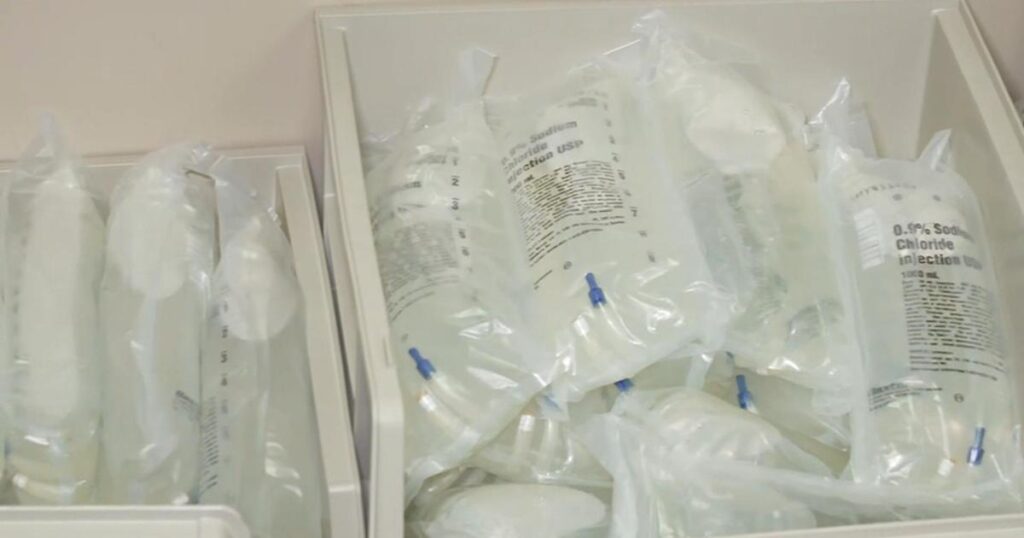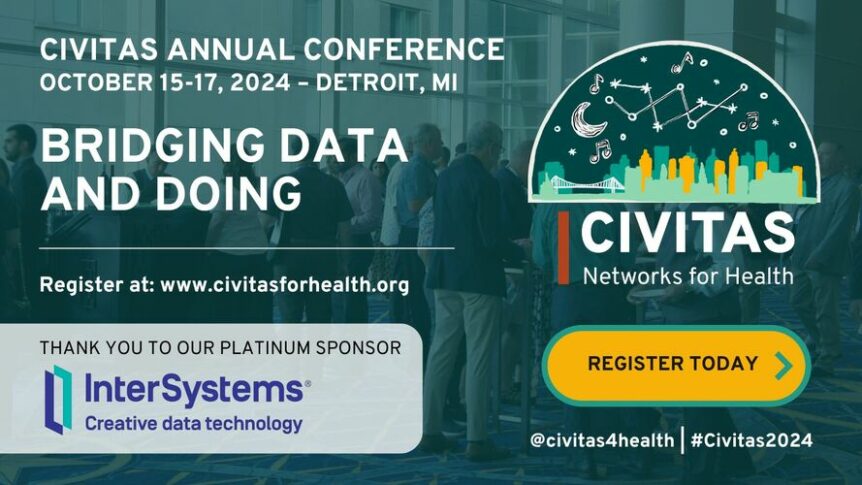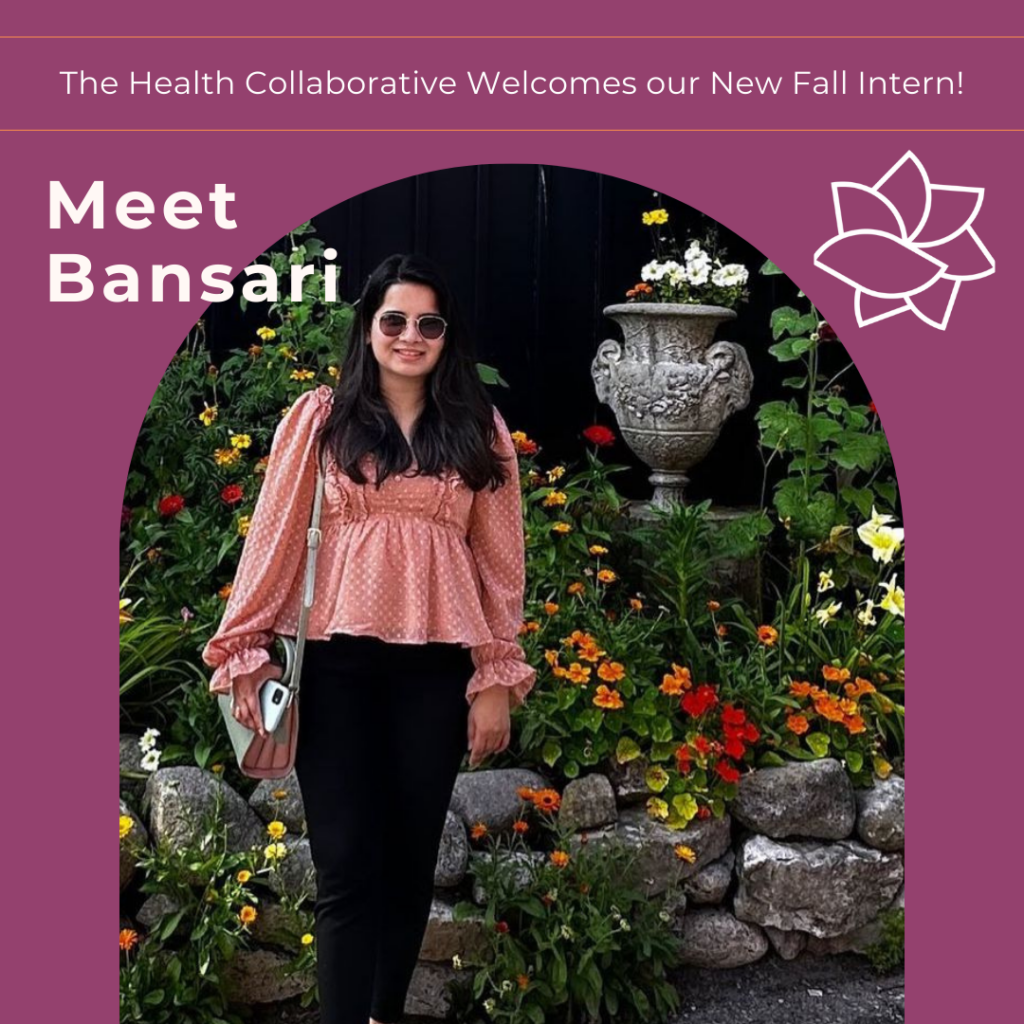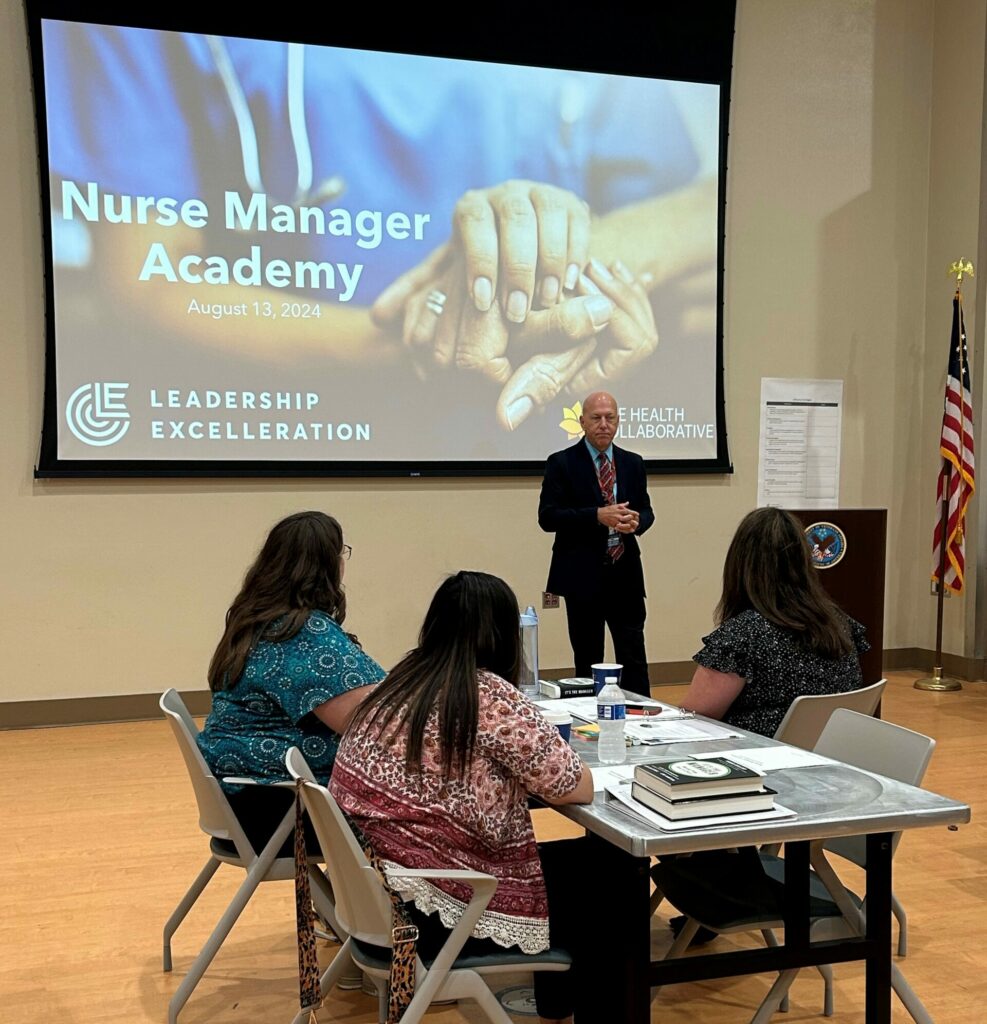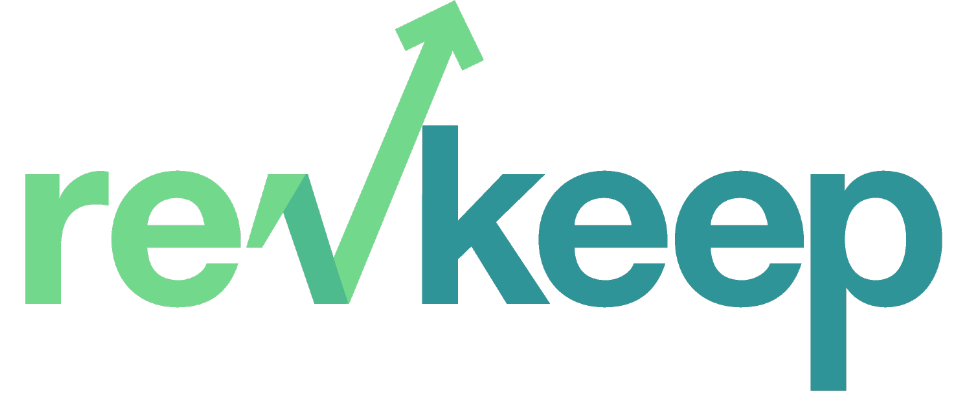By Elisa Perin, MPH, BSN, RN
Manager, Quality Initiatives
The Health Collaborative (THC) and many regional partner organizations have participated in the CMS Accountable Health Communities (AHC) model for the past five years.
AHC set out to test how addressing social determinants of health (SDoH) in tandem with healthcare delivery can improve health outcomes for the most underserved populations.
While the five-year program has ended as of April 2022, THC has been awarded a one-year extension. We would like to pause a moment to acknowledge and thank our partners over the course of the model thus far for their ongoing work to address issues such as housing, transportation, interpersonal violence, and food access in our communities of most critical need.
What We Accomplished Together
The AHC model was built on screening Medicare beneficiaries in the clinic or doctor’s office for health-related social needs (HRSNs) and, based on the needs revealed, connecting them with social services and resources to address their specific needs. Across the THC partner cohort, over 30,000 screenings were completed, over 5,000 referrals to navigation were received, and many hundreds of navigation needs were logged as resolved/successful. As of February 2022, bridge organizations have completed 1,694,994 screenings, and 132,471 unique beneficiaries have opted into navigation (These numbers represent cumulative values from the implementation start date).
All Sites: PTD Screening Dashboard
Screens Completed: 30,093
High Risk Screens: 5,172
Referrals to Navigation: 5,225
CDBs Reported Needs For:
Housing: 6,827
Utilities: 5,350
Food: 7,964
Interpersonal Violence: 1,298
Transportation: 4,854
We will continue to support partners in this work to align to the Regional Community Health Needs Assessment (CHNA) priorities (addressing access to resources for food and housing) and the Regional Community Health Improvement Plan (CHIP) to develop a community wide approach for social needs screening and navigation. Having our partners at the table is imperative as we move through the final year of the AHC project and pivot from screening and navigation to thoughtfully planning for equipping our region with solutions to address health-related social needs.
Thank You to Our Partners
Thank you for the commitment, passion, and investment that each of you put into the AHC Model, and for your dedication to working towards a more coordinated and seamless approach to addressing health-related social needs (HRSNs) for the most vulnerable in our region. Your engagement in this model has generated a robust platform from which we can build to address HRSNs via clinical-community linkages.
We are interested in collecting stories that demonstrate the personal impact of the AHC Model on Medicare or Medicaid beneficiaries. Please consider sharing a recent “story from the field” that highlights the value of the AHC Model; positive impacts on participants or staff; difficulties overcome in the field; or reactions to the model from participants, family members, or staff.
Note: Please do not include Personally Identifiable Information (PII) or Protected Health Information (PHI).
[gravityform id=”43″ title=”true”]
Thank You to Our Partners
Buckeye Health
Care Source
Centerpoint Health
Cincinnati – Hamilton County Community Action Agency
Cincinnati Children’s Hospital Medical Center
City of Cincinnati
Council on Aging of Southwestern Ohio
Crossroad Health Center
Greater Cincinnati Behavioral Health Services
Health Care Access Now
Health Source of Ohio
Molina Healthcare
Primary Health Solutions
Talbert House
The Christ Hospital Health Network
The HealthCare Connection
TriHealth
UC Health
Warren County Public Health Department
WinMed Health Services


